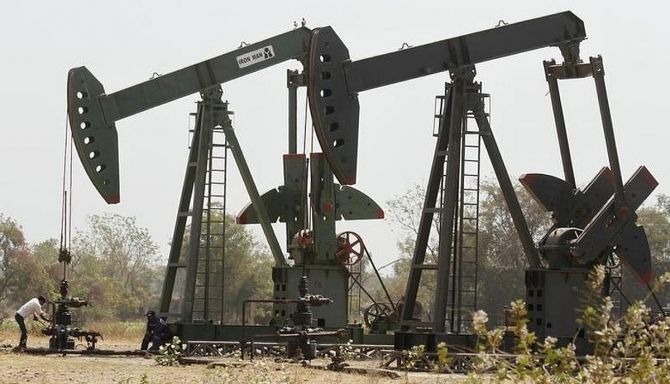The ARA’s independent gasoil stocks – which include diesel and heating oil – have averaged 13% higher so far this month than in January as importers have looked further away for cargo to subsitute banned Russian product.
Changes in monthly average ARA stocks from January to February:
- Fuel oil stocks down 150,000 bbls to 7.01 million bbls
- Gasoil stocks up 2.04 million bbls to 18.01 million bbls
The ARA’s gasoil inventories have risen to their highest level in the past year and are slightly above their five-year average position for this time of year, according to Insights Global data.
According to cargo tracker Vortexa, the region has imported 723,000 b/d of gasoil and diesel so far this month, up from 637,000 b/d in January.
Saudi Arabia has emerged as the top source for gasoil and diesel imports to the ARA, accounting for 28% of the region’s total this month, Vortexa data shows.
Saudi Arabia and Russia were the top two sources for diesel and gasoil imports to the ARA in January, accounting for 22% of the ARA’s total imports each, according to Vortexa.
The EU’s ban on imports of refined Russian oil products kicked in with a hard deadline from 5 February and Vortexa has not picked up any gasoil cargo inflows from Russia so far this month.
The ARA has instead pulled large volumes of gasoil and diesel from far-away Indian ports (15% of total) so far this month, and China (14%), and smaller volumes from a range of other sources including Japan (9%), the US and South Korea (7%).
Fuel oil stocks fall
The ARA’s independent fuel oil stocks have averaged 2% lower so far this month than in January and have remained below their five-year average position for the year.
No Russian fuel oil cargo imports to the ARA have been picked up by Vortexa since January. This indicates that Russian fuel oil imports were phased out in January, after making up 10% of the ARA’s total in December.
Meanwhile, Lithuania has become the ARA’s largest source for fuel oil imports so far this month with 20% of the total. In addition to Lithuania, fuel oil imports have arrived from a range of sources, with the UK, UAE, Iraq, Poland, Gabon and Denmark as the other top ones.
Prompt bunker availability of LSMGO is said to be normal in the ARA bunkering hub, with recommended lead times of around three days. Lead times of around 4-5 days are advised for VLSFO delivery in the region, and a period of 5-6 six days for HSFO.
Source: Hellenic Shipping News






